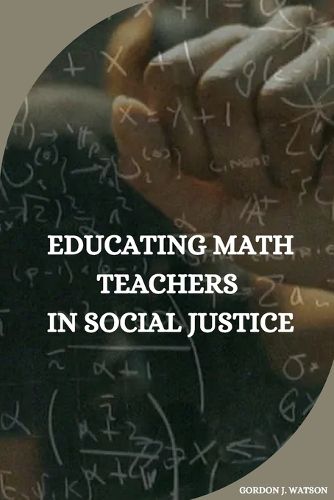Readings Newsletter
Become a Readings Member to make your shopping experience even easier.
Sign in or sign up for free!
You’re not far away from qualifying for FREE standard shipping within Australia
You’ve qualified for FREE standard shipping within Australia
The cart is loading…






This title is printed to order. This book may have been self-published. If so, we cannot guarantee the quality of the content. In the main most books will have gone through the editing process however some may not. We therefore suggest that you be aware of this before ordering this book. If in doubt check either the author or publisher’s details as we are unable to accept any returns unless they are faulty. Please contact us if you have any questions.
The widespread availability of big data, machine learning, and computational power has amplified the relevance of data in our day-to-day lives. For example, it is almost impossible to make it through a day without reading the news, scrolling through Facebook, or reading a policy
report that does not generate data or reference or result from data-informed decision-making. As a result, mathematics policy reforms and curriculum developers have begun exploring how data science can be introduced at the K-12 level (e.g., Gould et al. 2016) . At the same time, secondary mathematics teachers have reported feeling uncomfortable with their knowledge about statistics content and practices (Batanero et al., 2011; Franklin et al., 2015). This may be partially attributed to how the statistical education of pre-service mathematics teachers (PSMTs) is often mathematics-oriented (Burill & Biehler, 2011), although mathematics and statistics are two distinct fields. This
$9.00 standard shipping within Australia
FREE standard shipping within Australia for orders over $100.00
Express & International shipping calculated at checkout
This title is printed to order. This book may have been self-published. If so, we cannot guarantee the quality of the content. In the main most books will have gone through the editing process however some may not. We therefore suggest that you be aware of this before ordering this book. If in doubt check either the author or publisher’s details as we are unable to accept any returns unless they are faulty. Please contact us if you have any questions.
The widespread availability of big data, machine learning, and computational power has amplified the relevance of data in our day-to-day lives. For example, it is almost impossible to make it through a day without reading the news, scrolling through Facebook, or reading a policy
report that does not generate data or reference or result from data-informed decision-making. As a result, mathematics policy reforms and curriculum developers have begun exploring how data science can be introduced at the K-12 level (e.g., Gould et al. 2016) . At the same time, secondary mathematics teachers have reported feeling uncomfortable with their knowledge about statistics content and practices (Batanero et al., 2011; Franklin et al., 2015). This may be partially attributed to how the statistical education of pre-service mathematics teachers (PSMTs) is often mathematics-oriented (Burill & Biehler, 2011), although mathematics and statistics are two distinct fields. This